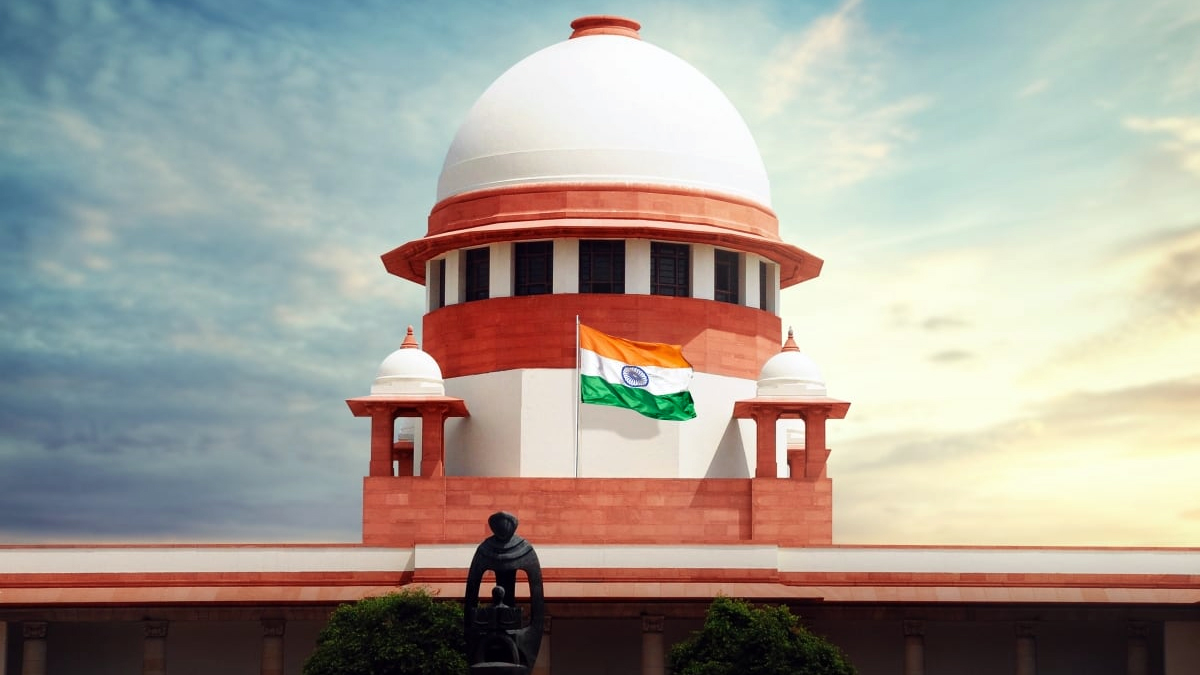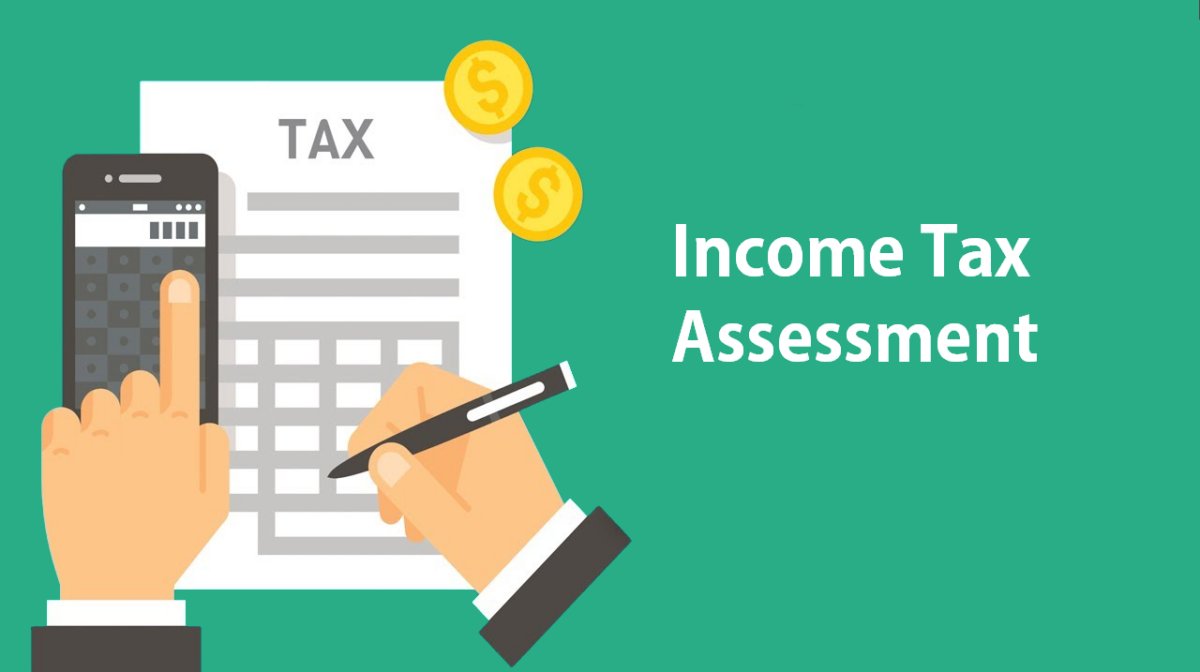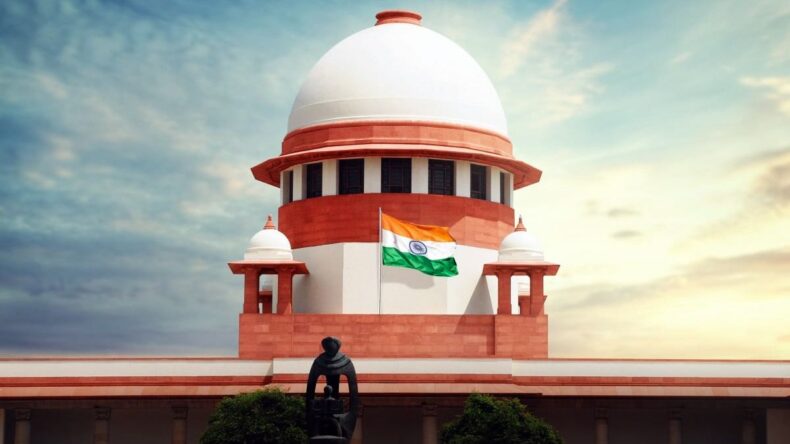
The Income Tax Act’s key tenet about Assessing Officers’ (AOs) right to revisit completed or unresolved assessments in the absence of evidence of criminal activity was recently reaffirmed by the Supreme Court of India. A ruling in the matter of Principal Commissioner of Income Tax vs. Abhisar Buildwell Pvt. Ltd. (2024 LiveLaw (SC) 346) served as the foundation for the court’s conclusion. The judgement gives advice on the conditions in which assessments may be revisited and explains the boundaries of the AO’s authority.
Background of the Case
The Delhi High Court’s decision to reject appeals brought by the Revenue Department against the verdict of the Income Tax Appellate Tribunal (ITAT) was appealed to the Supreme Court, which then considered the case. The changes that the AO had made to the case had been removed by the ITAT. The High Court noted that no incriminating papers or materials were discovered or seized during the search, and that the assessment of the assessee had reached finality prior to the date of the search. Because the instances included non-abated assessments, the court concluded that no additions may be made in accordance with Section 153A of the Income Tax Act.
The Appeal and Supreme Court’s Decision
The solicitors for the Revenue Department and the assessee, King Buildcon Pvt. Ltd., emphasised in the Supreme Court appeal that the appeal was clearly covered by the Supreme Court’s ruling in Abhisar Buildwell (2024). The Court noted that no evidence of guilt was found during the search and took into account the precedent set by the Abhisar Buildwell case. As a result, the appeal was rejected by the Supreme Court.

Reopening of Completed/Unabated Assessments
The scope of assessment under Section 153A of the Income Tax Act, which deals with assessments in circumstances of search or demand, was clarified by the Supreme Court’s ruling in the Abhisar Buildwell case (2024), which was heard in the year. The Court determined that the AO assumes jurisdiction for block assessments under Section 153A when a search is undertaken under Section 132 or a request is filed under Section 132A, which results in the abatement of all outstanding assessments and reassessments.
The court made it clear that even in circumstances of unabated/completed assessments, the AO has the authority to evaluate or reassess the total income, taking into account the incriminating material and other relevant evidence, if any incriminating material is uncovered or unearthed during the search. Included in this is the income reported on the returns. However, the AO cannot evaluate or reassess the revenue for finished or unresolved assessments based on other material if no incriminating evidence is found during the search or requisition.
The Supreme Court‘s decision emphasised the continued applicability of the AO’s Sections 147 and 148 of the Income Tax Act powers. These clauses provide the AO the power to assess or reassess income if any taxable income for any assessment year has evaded assessment. Therefore, the AO may use these authorities to reopen completed/unabated assessments, provided that the requirements outlined in the relevant laws are met.

Conclusion
An essential concept concerning the reopening of assessments under the Income Tax Act was reiterated by the recent Supreme Court decision in the matter of Principal Commissioner of Income Tax vs. Abhisar Buildwell Pvt. Ltd. (2024). The Court made it clear that the AO cannot increase the assessee’s revenue to cover finished or unresolved assessments if no evidence of guilt is discovered during a search or requisition. However, the AO’s authority under Sections 147/148 of the Act is still available and, under certain circumstances, permits the reopening of completed/unabated assessments.
This choice ensures assessments are carried out in a fair and reasonable way by giving AOs and taxpayers clarity and direction about the reopening of assessments. Additionally, it supports the idea that actual proof and damning information should be used to determine a taxpayer’s income rather than guesswork or speculative analysis.













